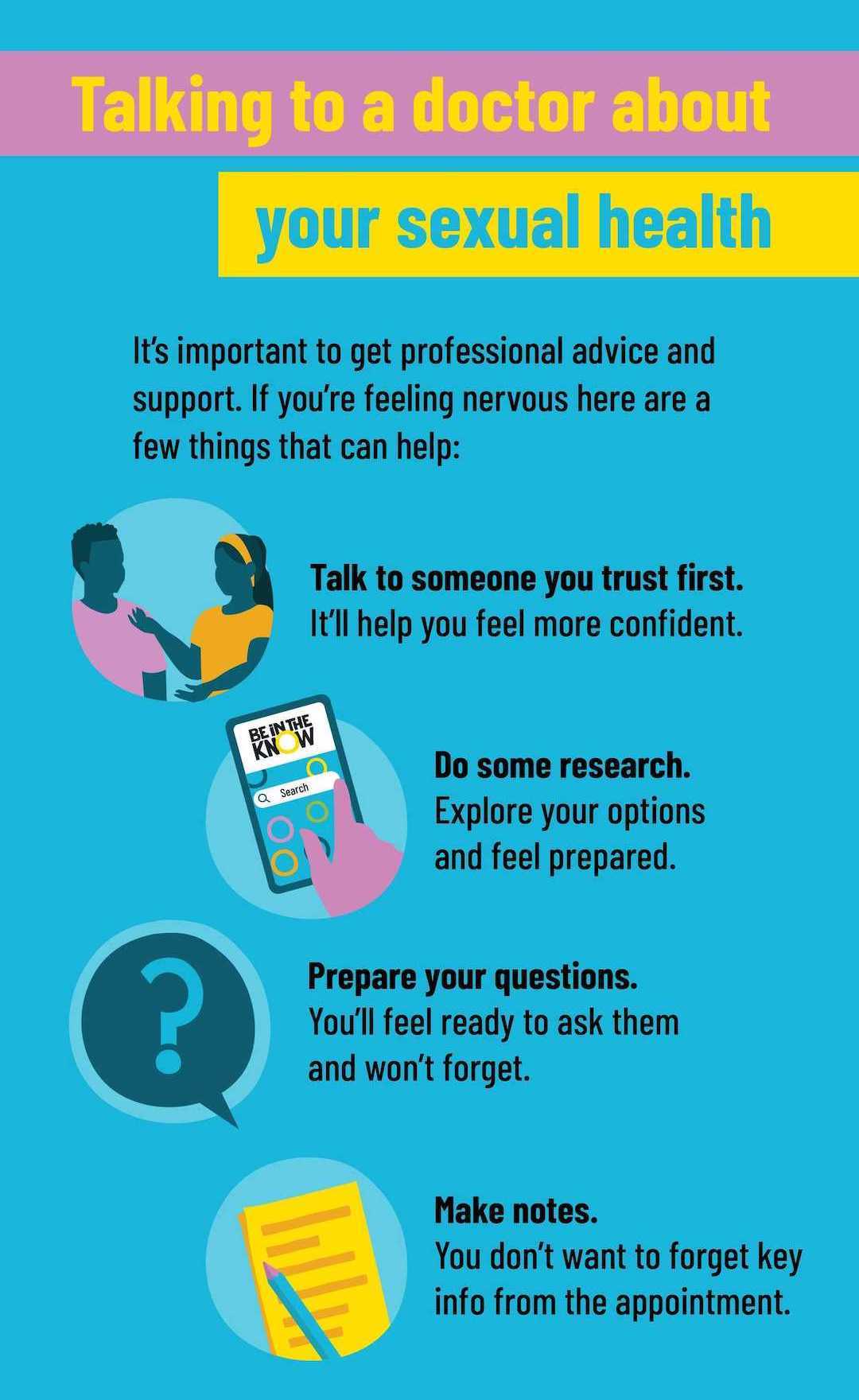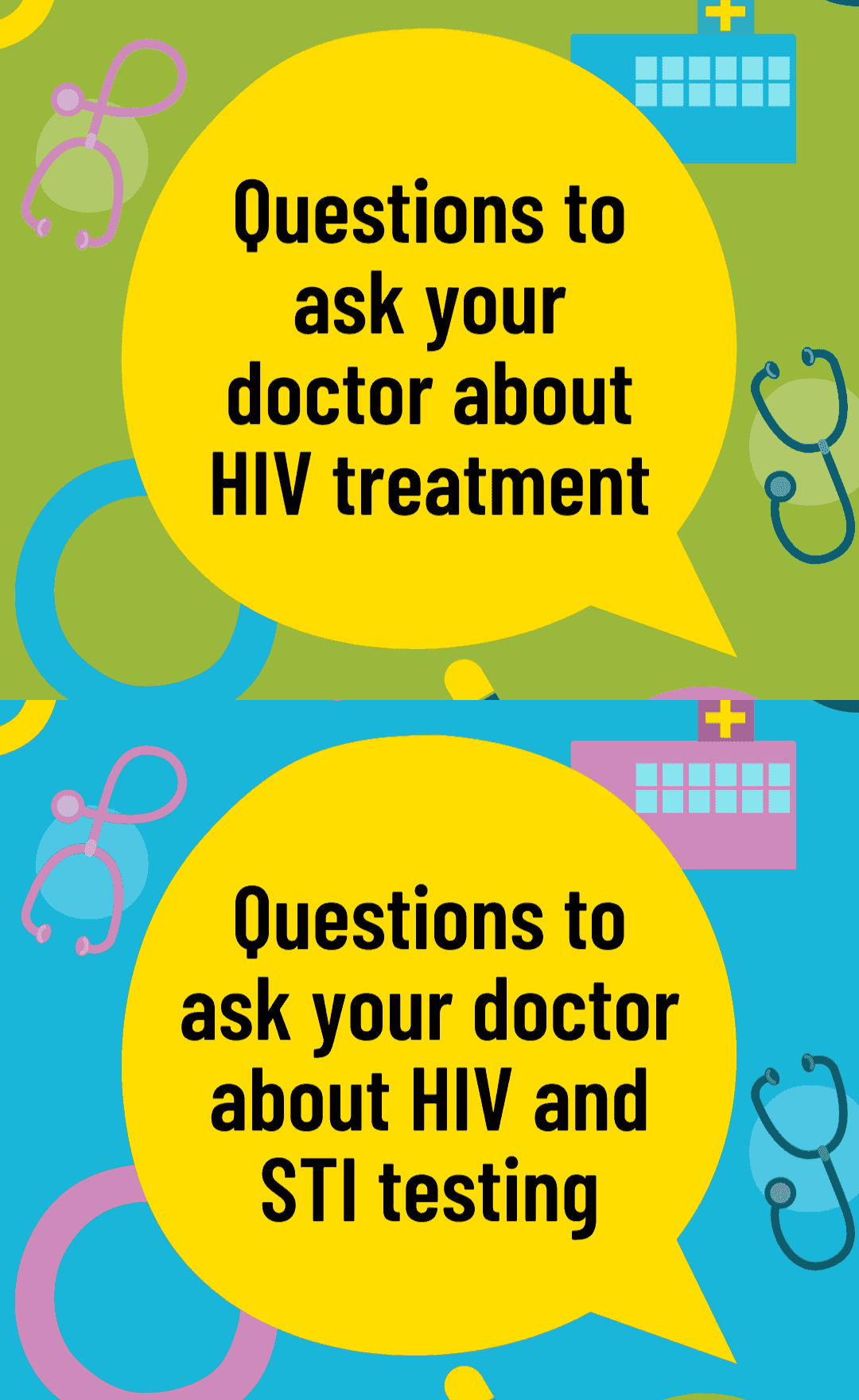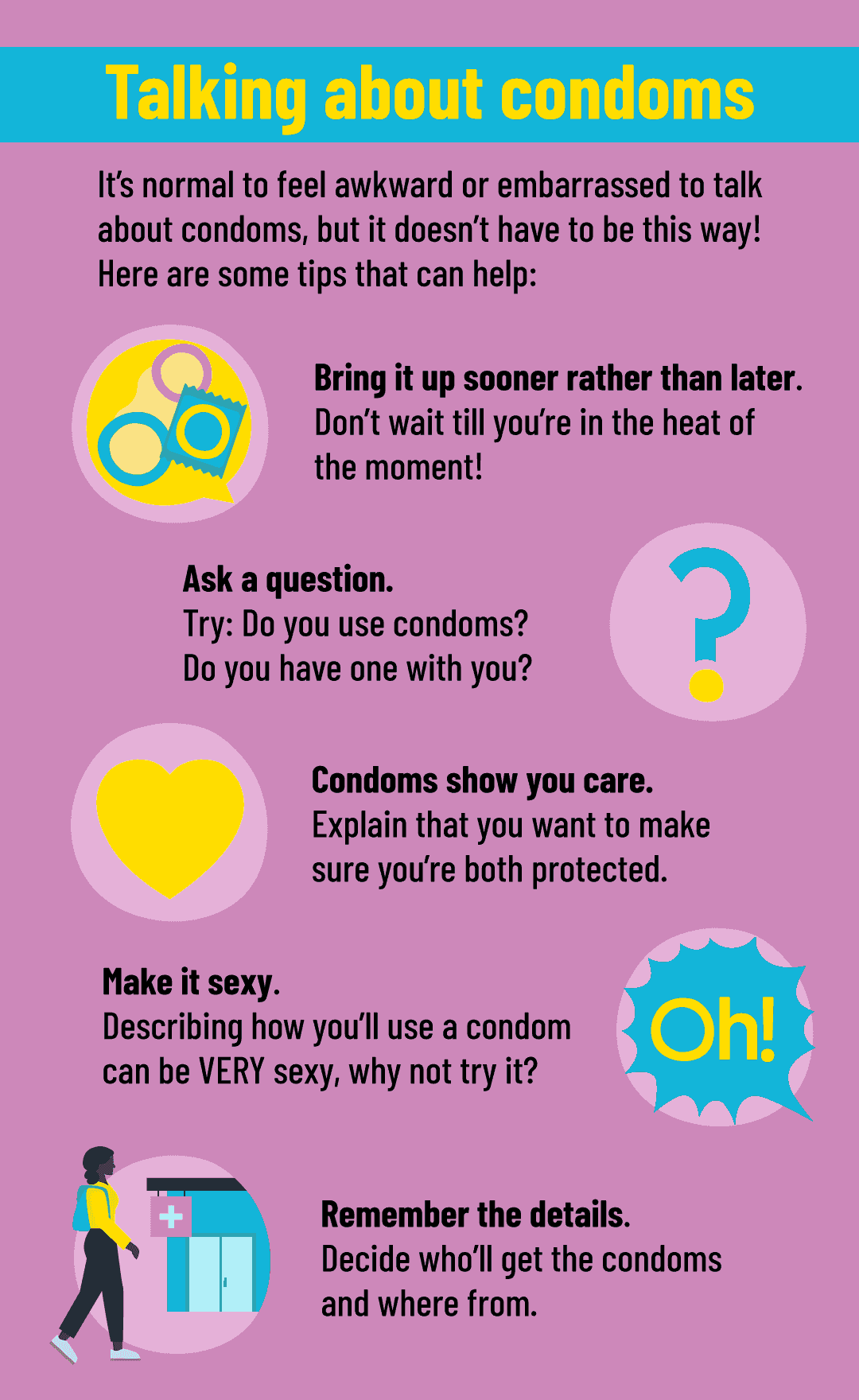When we talk to young people about the challenges of looking after their sexual health, one of the recurring themes is not knowing how to talk about HIV and sexual health with their partners and their healthcare providers, and a reluctance to do so. With sex often still considered a taboo subject, and the stigma that remains around HIV, it can be difficult for young people to start conversations with the people they need to talk to most, leaving them more vulnerable to myths and misinformation. Open and honest conversations around safe sex and sexual health are key for young people to get the information and support they need to protect themselves and live healthily.
With the support of The Mercury Phoenix Trust Avert has co-created a range of content for Be in the KNOW, across website and social media, that is helping young people to initiate and navigate these difficult conversations. The content responds to the results of our co-creation process where we explored a range of questions with young people in sub-Saharan Africa, including who they talk to about health-related issues, which topics they found particularly challenging to talk about, and the types of content that they would find most useful. Only 8% of respondents said they would talk to a healthcare professional about sexual health, highlighting the need for materials giving young people guidance and encouragement to reach out to the people that are best able to support them.



